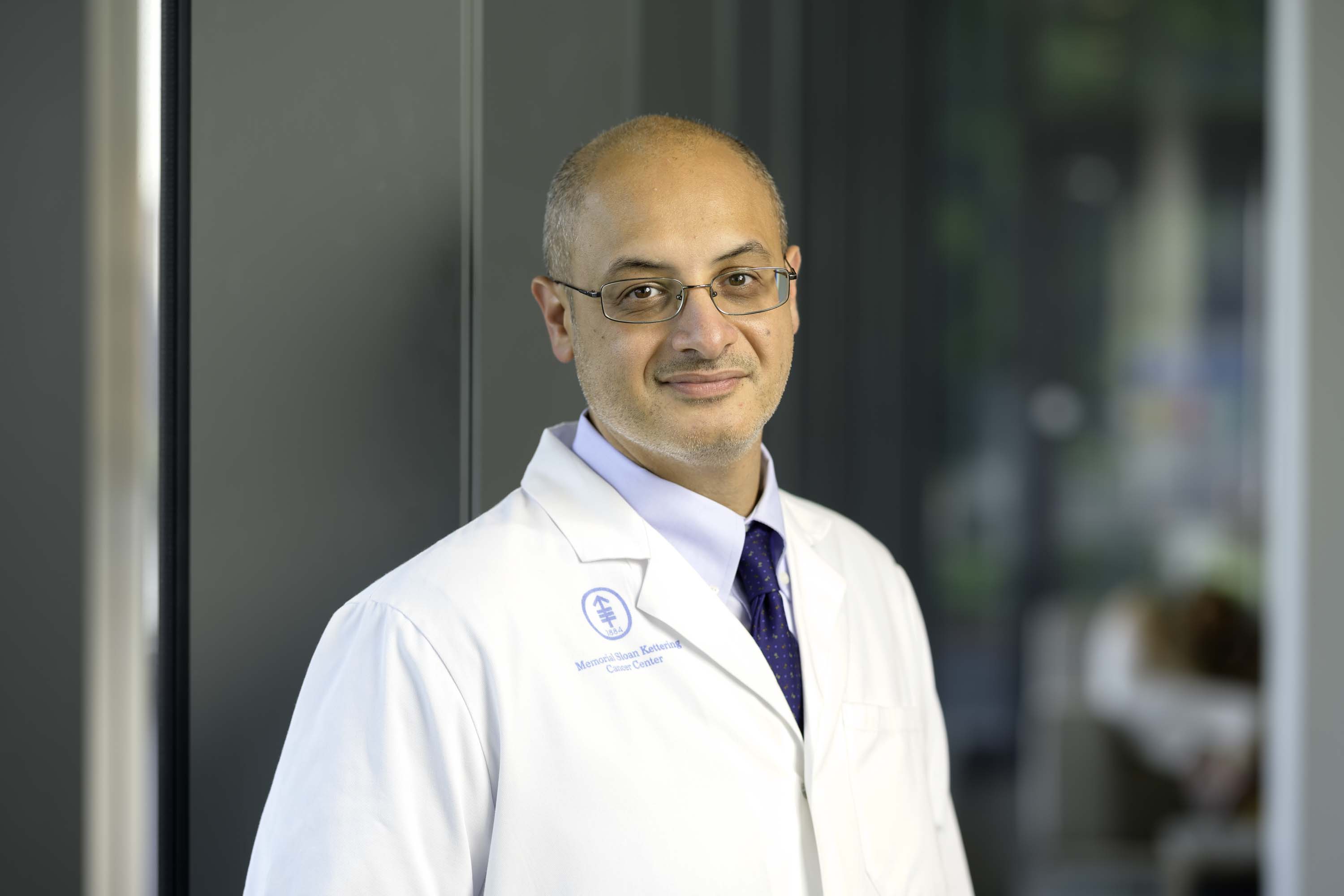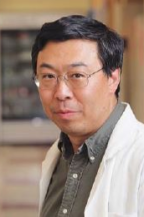
Bio

Selective degradation of specific cellular proteins by the ubiquitin-proteasome pathway is essential for a variety of vital functions including cell cycle, signal transduction, transcriptional regulation, apoptosis, and DNA repair. We are using a combination of biochemical, genetic and cell biological approaches to study how the ubiquitin-dependent proteolysis regulates these fundamental biological processes. Our current research focuses on two areas: (1) The cullin family of ubiquitin protein ligases in controlling cell growth, differentiation, and DNA repair. The Cullin family of proteins function as scaffold molecules that organize the assembly of the multisubunit ubiquitin-protein ligase complexes. We are currently focusing on studying the Cullin-4A (CUL-4A) ubiquitination machinery. The CUL-4A gene is amplified or overexpressed in breast cancer and a variety of other tumor types. However, the proteolytic targets, as well as the individual components of the CUL-4A complex, have not been identified. Using biochemical and yeast two hybrid approaches, we have recently identified several cellular proteins that specifically associate with CUL-4A. One such interactor is the UV-damaged DNA binding protein (DDB), which is involved in the nucleotide excision repair of damaged DNA. Mutations in the p48 subunit of DDB were originally identified in patients suffering from the autosomal recessive disease xeroderma pigmentosium (complementation group E), which is characterized by defective nucleotide excision repair and predisposition to skin cancer. We have demonstrated that that CUL-4A stimulates the ubiquitination and degradation of DDB, resulting in an overall decrease of UV-DDB activity. Our current studies are focusing on (i) identifying the components of the CUL-4A ubiquitination machinery; (ii) examining how the proteolytic activity and the substrate selectivity are regulated; (iii) analyzing the CUL-4A interaction proteins (including DDB) and the biological processes in which these proteins are involved. Another CUL-4A target we identified is the HOXA9 homeodomain protein, which plays critical roles in normal as well as malignant hematopoiesis. In collaboration with Dr. Malcolm Moore's laboratory at Memorial Sloan Kettering Cancer Center, we are currently employing a combination of biochemistry, cell biology, and genetic approaches to investigate what roles CUL-4A play in the expansion and differentiation of hematopoietic stem and progenitor cells, and how these processes go awry leading leukemic transformation. We are further exploiting what we learned in these studies in the ex vivo expansion of human hematopoietic stem and progenitor cells. (2) Protein Knockout technology. The substrate specificity of a cellular ubiquitination pathway is conferred exclusively by the ubiquitin-protein ligases. We have recently demonstrated the feasibility of harnessing the specificity of the SCF (Skp1, Cullin-1 and F-box-containing substrate receptor) ubiquitin-protein ligase to target degradation of cellular proteins that are otherwise stable. We have further engineered the degradation vectors and achieved selective elimination of several key cellular proteins involved in cell growth control and tumorigenesis. Current studies are aimed at developing the protein knockout system as a simple and efficient tool to generate loss of function mutations of specific gene products for functional analysis in mammals, and to evaluate whether specific cellular proteins are valid targets for therapeutic intervention. Our long-term goals are (i) to apply the protein knockout technology in the functional genomic studies for assigning gene functions, and (ii) to employ the protein knockout technology for establishment novel assay systems for drug screening and target validation.
